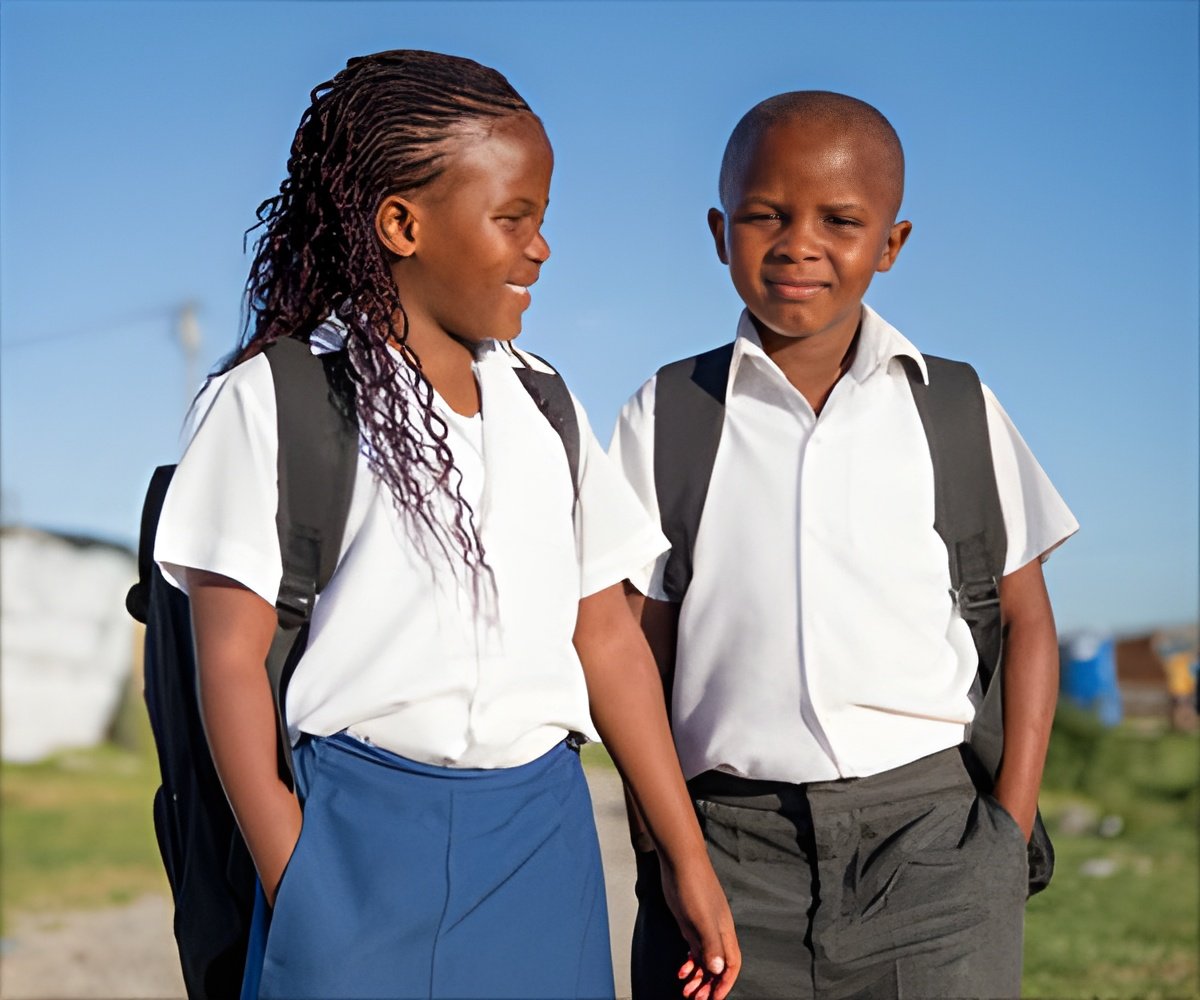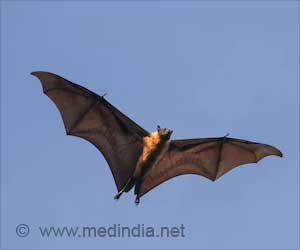UNICEF reported that 773 children in Guinea have lost both their parents due to the worst Ebola outbreak.

"Since overcoming their initial fears and misconceptions about Ebola, families have been showing incredible support, providing care and protection for children whose parents have died," Manuel Fontaine, UNICEF’s regional director for West and Central Africa, said in a statement.
According to the aid organization, an estimated 16,600 children in Guinea, Liberia and Sierra Leone lost one parent, both parents, or their primary caregivers to Ebola. But less than 3 percent of those children had to be placed outside family or community care.
Unaccompanied children who could have possibly come into physical contact with an Ebola victim were given center-based care where they remained under observation for 21 days the maximum incubation period of the Ebola virus, according to UNICEF.
Aid groups ramped up their psychological support efforts during the early period of the crisis when kids, after watching a parent die, worried about having nowhere to turn. One critical tool was training Ebola survivors, who had built up immunity to the disease, in how to treat and counsel kids.
Harris Wureh, a 17-year-old in Liberia whose mother died from Ebola, told a UNICEF worker, "I don't know what will happen to my sister and I after the 21 days [of quarantine]."
Advertisement
Najwa Mekki, a UNICEF communications officer, told the Associated Press, "The first priority is to reunite children with their close relatives or other community members willing to look after them. Making permanent decisions about children's long-term care should be kept to an absolute minimum during this period."
Advertisement
Source-Medindia










